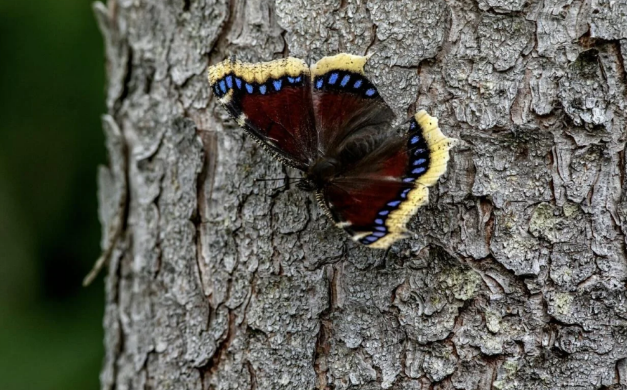
Understanding Plant Health
Gardening can be a rewarding hobby, offering a sense of tranquility and connection to nature. However, it comes with its challenges, especially when dealing with pests and diseases that can wreak havoc on your beloved plants. Knowing what to avoid touching is crucial in maintaining a healthy garden and preventing the spread of infestations. In this article, we’ll explore the plant pests you should steer clear of and how to manage them effectively.

What Are Plant Pests?
1. Defining Plant Pests
Plant pests are organisms that cause damage to plants, either by feeding on them or transmitting diseases. They come in various forms, including insects, mites, fungi, and bacteria.

2. The Impact of Pests
Pests can lead to stunted growth, reduced yield, and even plant death. Understanding how to identify and manage them is essential for any gardener.
Common Plant Pests to Avoid Touching

1. Aphids
Aphids are tiny, soft-bodied insects that suck sap from plants, causing leaves to curl and yellow. These pests often cluster on the undersides of leaves. If you see them, avoid touching them directly, as they can spread quickly and create larger infestations.
2. Spider Mites
These microscopic pests thrive in dry conditions and can create fine webs on plants. Touching infested leaves can disturb the mites, making them scatter and potentially infect other plants.
3. Whiteflies
Whiteflies resemble tiny moths and are known to congregate on the underside of leaves. When disturbed, they release a cloud of adults that can easily spread to nearby plants. Avoid touching them to prevent further infestations.
4. Mealybugs
These white, cottony pests are notorious for hiding in leaf joints and crevices. They feed on plant sap and can produce a sticky residue known as honeydew, which can attract other pests. Touching them can also lead to their spread.
5. Scale Insects
Scale insects attach themselves to plant stems and leaves, resembling small bumps. They can be challenging to remove without damaging the plant. If you notice them, it’s best to handle the situation with care and avoid direct contact.
How to Handle Infestations Safely
1. Inspect Regularly
Regularly inspecting your plants for pests can help catch infestations early. Look for signs such as discoloration, webbing, or visible insects. Early detection is key to managing pests effectively.
2. Use Protective Gear
When handling plants suspected of being infested, wear gloves to protect your hands. This barrier can prevent any potential irritation from pests or the chemicals used for treatment.
3. Choose Organic Treatments
Consider using organic pest control methods, such as neem oil or insecticidal soap. These treatments are less harmful to beneficial insects and can effectively manage pest populations.
Prevention Strategies for a Healthy Garden
1. Maintain Plant Health
Healthy plants are less susceptible to pest infestations. Ensure your plants receive adequate water, sunlight, and nutrients. Regularly pruning and removing dead or diseased leaves can also promote overall health.
2. Introduce Beneficial Insects
Encourage beneficial insects like ladybugs and lacewings in your garden. These natural predators can help control pest populations without the need for harsh chemicals.
3. Create Physical Barriers
Using row covers or nets can protect your plants from pests while still allowing sunlight and moisture to reach them. This method can be especially effective for seedlings and young plants.
When to Call for Help
1. Professional Pest Control
If an infestation gets out of hand or you’re unsure how to handle it, don’t hesitate to call a professional pest control service. They have the expertise and tools necessary to manage severe infestations safely.
2. Join Gardening Communities
Engaging with fellow gardeners can provide valuable insights and tips for managing pests. Online forums and local gardening clubs often share experiences and solutions for dealing with common problems.
Conclusion
Avoiding contact with certain plant pests is crucial for maintaining the health of your garden. By staying informed about what to look for and how to handle infestations, you can protect your plants and ensure they thrive. Remember, a healthy garden requires vigilance and care, so don’t hesitate to take action when needed! Happy gardening!





